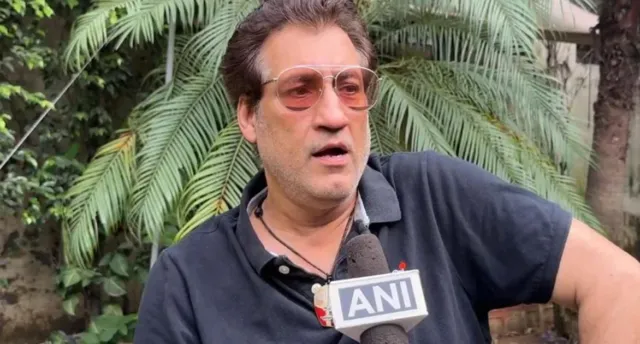
Atul Wassan Defends India’s Handshake Refusal After Asia Cup Clash
Former Indian cricketer Atul Wassan has voiced his support for the Indian team’s decision to forgo the customary handshake with the Pakistani team following their recent Asia Cup 2025 encounter. Wassan questioned the insistence on the handshake from the Pakistani side, given the apparent unwillingness of the Suryakumar Yadav-led Indian team.
The latest India-Pakistan match added another layer to their already complex and intense rivalry. The game was particularly significant as it marked the first meeting between the two nations since the tragic Pahalgam terror attacks in India, which occurred in April. The attacks were followed by the launch of Operation Sindoor by the Indian Armed Forces, targeting Pakistan-sponsored terrorism. This backdrop of heightened tension likely contributed to the Indian team’s decision.
“If the Indian team, led by Suryakumar Yadav, doesn’t want to shake hands, why is Pakistan so insistent?” Wassan stated. He emphasized the existing geopolitical climate as a significant factor influencing the players’ actions. The decision reflects the strained relationship between the two countries.
The atmosphere surrounding the match was palpably different, with visible security enhancements and increased scrutiny from both sides. The history between India and Pakistan extends far beyond the cricket field, and these tensions often permeate sporting events. The Asia Cup clash served as a stark reminder of the complexities involved.
While some have criticized the Indian team’s decision as unsportsmanlike, Wassan and others argue that it is a justifiable response to the prevailing circumstances. The emotional weight of the recent terror attacks and the subsequent military operation were undoubtedly on the minds of the Indian players.
The incident is likely to fuel further debate about the role of sports in international relations and the extent to which political tensions should influence sporting conduct. However, Wassan’s defense underscores the understanding that sports cannot be entirely divorced from the broader geopolitical context.
The Asia Cup 2025 match will be remembered not only for the on-field action but also for the off-field symbolism. The handshake refusal serves as a potent reminder of the ongoing challenges in the India-Pakistan relationship and the deep-seated emotions that continue to shape their interactions.
The debate surrounding the handshake, or lack thereof, highlights the enduring power of symbolic gestures in international relations. Even seemingly small actions can carry significant weight and communicate powerful messages.
Disclaimer: This news article is based on publicly available information and may be subject to updates.




